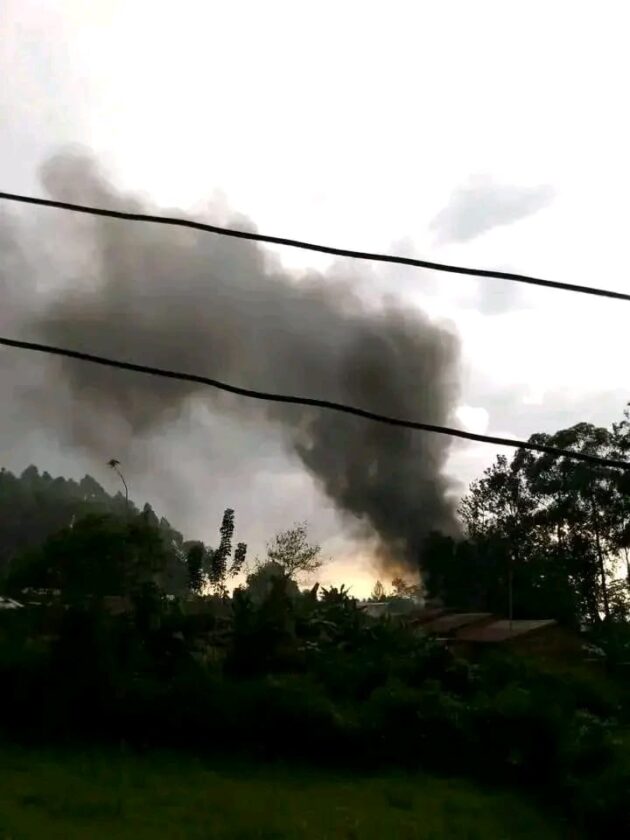
The recent resignation of Bangladesh’s Prime Minister Sheikh Hasina amid massive youth-led protests signals a growing wave of youth activism sweeping across the globe. This phenomenon is not isolated to Bangladesh but reflects a broader trend of young people rising against longstanding issues in governance, societal inequality, and economic disparity.
In Bangladesh, the protests that started as a demonstration against civil service job quotas quickly escalated into a full-blown demand for the Prime Minister’s resignation. After weeks of unrest, which culminated in nearly 100 deaths and significant economic disruption, the military stepped in to form an interim government. The Prime Minister’s resignation, coupled with the resignations of key figures such as the Chief Justice and the Central Bank Governor, highlights the youth’s determination to challenge the status quo and demand accountability from their leaders.
Similar sentiments have been echoed across Africa. In Kenya, young people have been at the forefront of demonstrations against President William Ruto, demanding transparency and equitable governance. These protests, though different in their local contexts, mirror the call for systemic change that is resonating with young people worldwide.
ALSO READ: Gen Z Mobilizes Nationwide Protest in Kenya
Nigeria, too, has seen its share of youth uprisings, particularly in the wake of the #EndSARS movement, which began as a protest against police brutality but morphed into a broader demand for political reform and better governance. The Nigerian youth, leveraging social media and global support, have shown that their voices can indeed trigger significant policy shifts and international attention.
South Africa has also witnessed youth-driven protests addressing issues from economic inequality to education reform. The Fees Must Fall movement, for instance, highlighted the challenges faced by students in accessing affordable education and underscored the youth’s role in pushing for societal change.
This global pattern of youth uprisings underscores a shared yearning for leaders who prioritize inclusivity, justice, and sustainable development. The youth, with their innovative approaches and relentless energy, are proving to be a formidable force in shaping the political landscape of their respective nations. As these movements continue to gain momentum, it becomes increasingly clear that the future of governance will be significantly influenced by the demands and actions of the younger generation.





